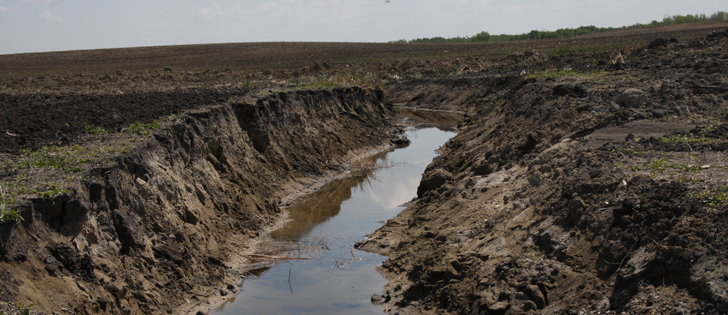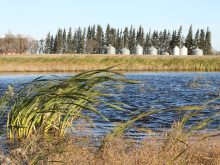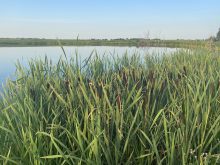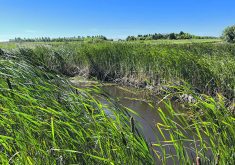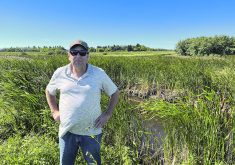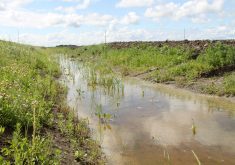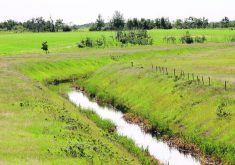There is still time to make changes to Bill 44, proposed legislation that would make significant amendments to the Water Security Agency Act, according to Saskatchewan Environment Minister Scott Moe.
But time is of the essence. Any last minute changes need to received by government quickly and approved by the province, Moe told delegates at the Saskatchewan Association of Rural Municipalities’ annual convention in Saskatoon last week.
Moe stressed that any changes must be consistent with the bill’s primary goal, which is aimed at organizing and controlling agricultural drainage in the province.
Read Also
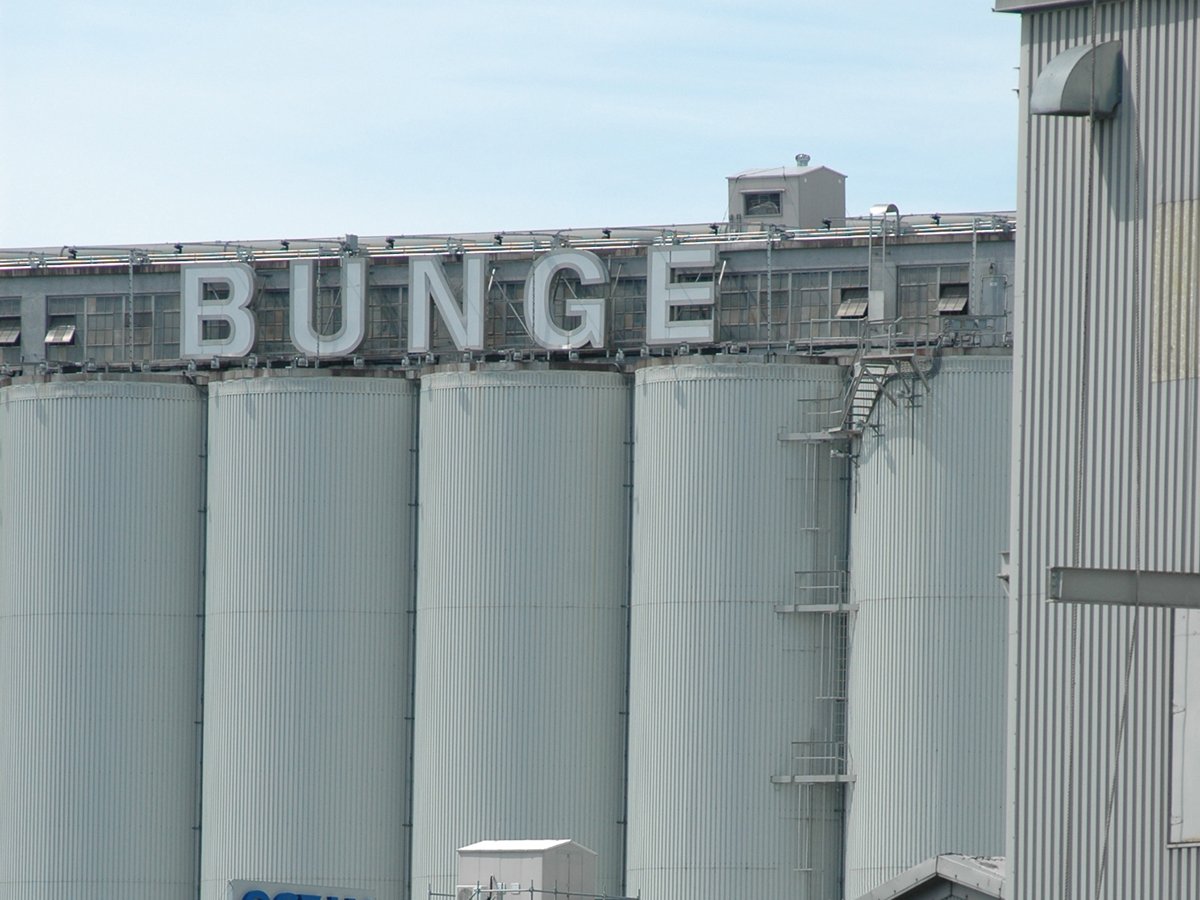
Bunge’s crop mix is changing
Bunge has predominantly been a soybean processing firm, but that’s about to change after the merger with Viterra with softseed processing and grain merchandising gaining ground.
Bill 44, An Act to Amend the Water Security Agency Act, has received second reading in the legislature and is expected to receive final reading this spring.
“With respect to the language in Bill 44 itself … I would offer that you have a look at (the bill), I would offer that you identify specifically the challenges that you have with (it) … and I would offer that you provide your edits to the SARM office …,” Moe told convention delegates March 15.
“I will have a look at those edits and … discuss them with my cabinet colleagues.”
“I offer that today (but) it would have to (happen) fairly quickly.”
The province began consultations on agricultural drainage in 2012 and has been working toward implementing new rules for drainage in the province.
Proposed rules would be based on two key premises, said Moe.
First, that all agricultural drainage projects would require a permit, and second, that all permitted drainage activities would require an adequate outlet.
In other words, regardless of where water is drained, there must be an adequate outlet to ensure against loss or damage to property downstream.
Municipal delegates attending the SARM convention in Saskatoon March 14-16 raised concerns about Bill 44, stressing that agricultural productivity and the rights of rural landowners must be protected.
Moe reiterated that the province is willing to work with municipalities and rural landowners to ensure that their interests are fully considered.
He also reminded delegates that a provincial advisory board representing agricultural, municipal and conservation interests will be put in place to provide input on future regulations and policies related to farm drainage.
But the province remains committed to improving provincial regulations that govern rural drainage.
Provincial Agriculture Minister Lyle Stewart offered similar comments.
“There’s a willingness to work with you …(but) the bottom line is that we can’t go back to the Old West, which is the way it’s been up to now,” Stewart said.
Some SARM delegates voiced concerns, suggesting the bill be amended to ensure that the livelihoods and rights of farmers and rural landowners are not unnecessarily affected.
Among other items, the bill grants the Water Security Agency the ability to close or alter any pre-1981 drainage project without compensation to the owner.
Harlan Block, a councillor from the RM of Leroy, said the goal of managing rural drainage at a provincial level is commendable. But the method in which the goal is accomplished is critically important.
“Farmers are definitely in favour of organized drainage. We’ve been doing it for years,” he said.
“But I think one of the concerns that remains … is related to the wording of that bill … because it definitely affects landowners rights.”
Contact brian.cross@producer.com


